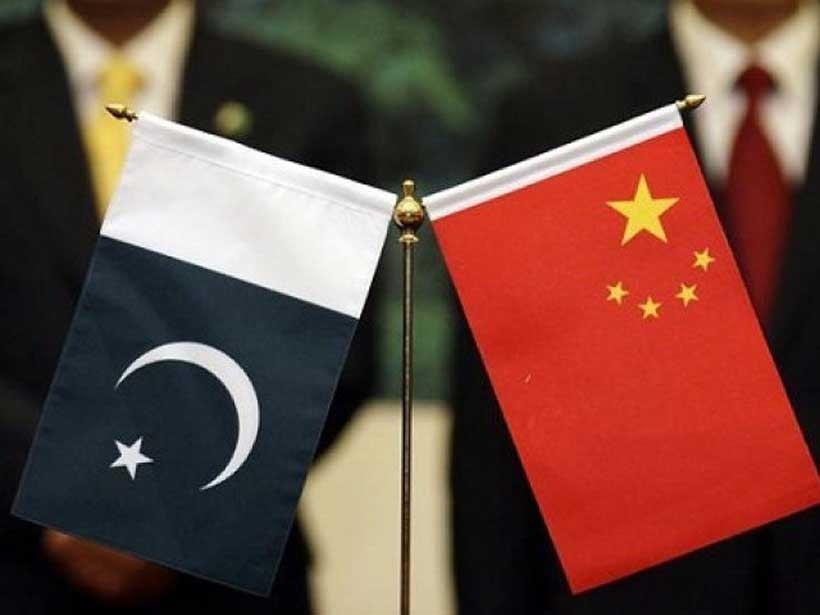China and Pakistan have been close allies for many years, and their alliance plays a key role in fostering stability in South Asia. Pakistan’s Chief of Army Staff Asim Munir and Wang Yi, director of the Office of the Foreign Affairs Commission of the Communist Party of China (CPC) Central Committee, recently met in Beijing, highlighting the close ties between the two nations.
To fully comprehend the current situation, one must be aware of the historical origins and development of the China-Pakistan partnership. Diplomatic relations between the two countries were established in the early 1950s after Pakistan acknowledged the newly established People’s Republic of China. The two nations’ collaboration has grown since then in a variety of areas, including trade, investment, and defense. The relationship has developed over the past few years to become more strategic and intricate, with a focus on promoting regional connectivity and economic development.
The two countries relationship is based on mutual respect, trust, and support, and it has survived changes in the global environment. China’s steadfast dedication to helping Pakistan preserve its sovereignty, and achieve unification, stability, and prosperity, has been essential in fostering stability in the area.
Pakistan, on the other hand, has been a steadfast backer of China’s One Belt One Road Initiative and has taken a leading role in the China-Pakistan Economic Corridor (CPEC). This project serves as the initiative’s centerpiece. In addition to helping Pakistan’s economy expand, the CPEC has also assisted in building the region’s infrastructure, enhancing stability in the area.
The security and stability of South Asia are significantly impacted by the strategic alliance between China and Pakistan. For other nations in the area, the China-Pakistan partnership has implications. For instance, India considers Kashmir, which is managed by Pakistan, to be its territory, and hence sees the CPEC as a danger to its security interests as it runs through that area. The alliance between both countries serves as a counterbalance to India’s continued regional prominence, preventing any one nation from dominating the region. Another nation that has been impacted by the China-Pakistan alliance is Afghanistan since it has resulted in Pakistan playing a bigger role in sponsoring peace negotiations with the Taliban. Iran has also made an effort to improve its relations with China to lessen its reliance on Western nations and get access to their markets and technological advancements.
Additionally, the partnership between China and Pakistan has effects on the wider geopolitical environment. The alliance between China and Pakistan offers an alternative vision of regional integration and collaboration as the US works to advance peace and security in the area.
Looking ahead, the China-Pakistan partnership is expected to continue to be relevant for the stability and growth of the region. New initiatives and partnerships are planned as the CPEC project is anticipated to proceed. The alliance will also continue to influence the regional power structure and the foreign policy of other nations. Due to shifting global and regional dynamics, including the emergence of new powers and the effects of climate change, the alliance will also confront new possibilities and threats.
The partnership between China and Pakistan is essential for promoting stability in South Asia. The strong bilateral cooperation has endured changes in the global environment and has substantial effects on the security and stability of the region. China’s alliance with Pakistan will become more significant as it expands its political clout in the region.
















